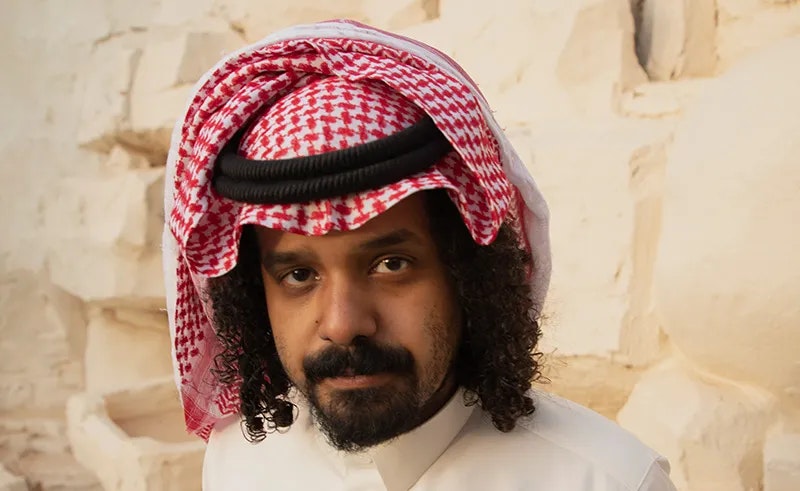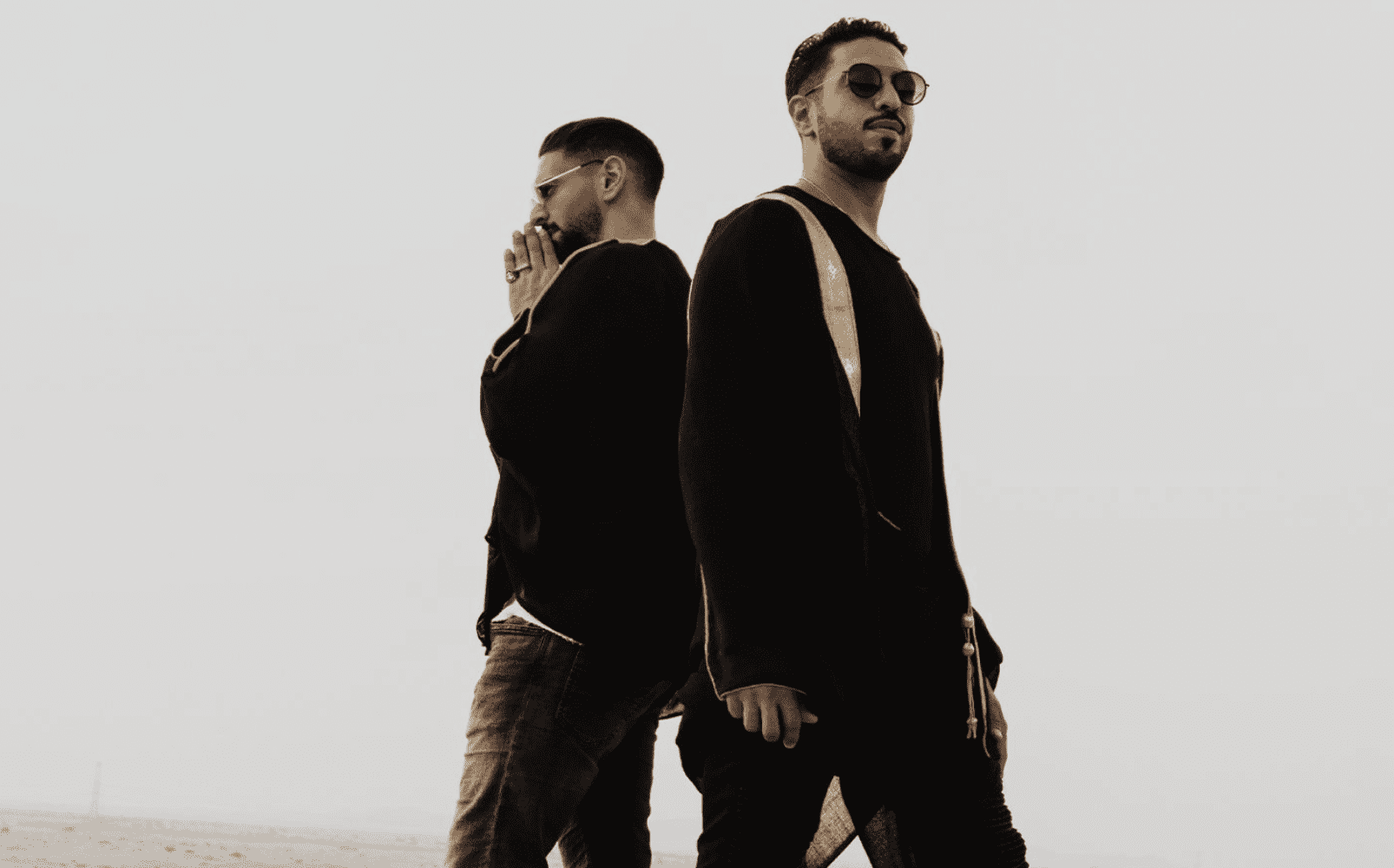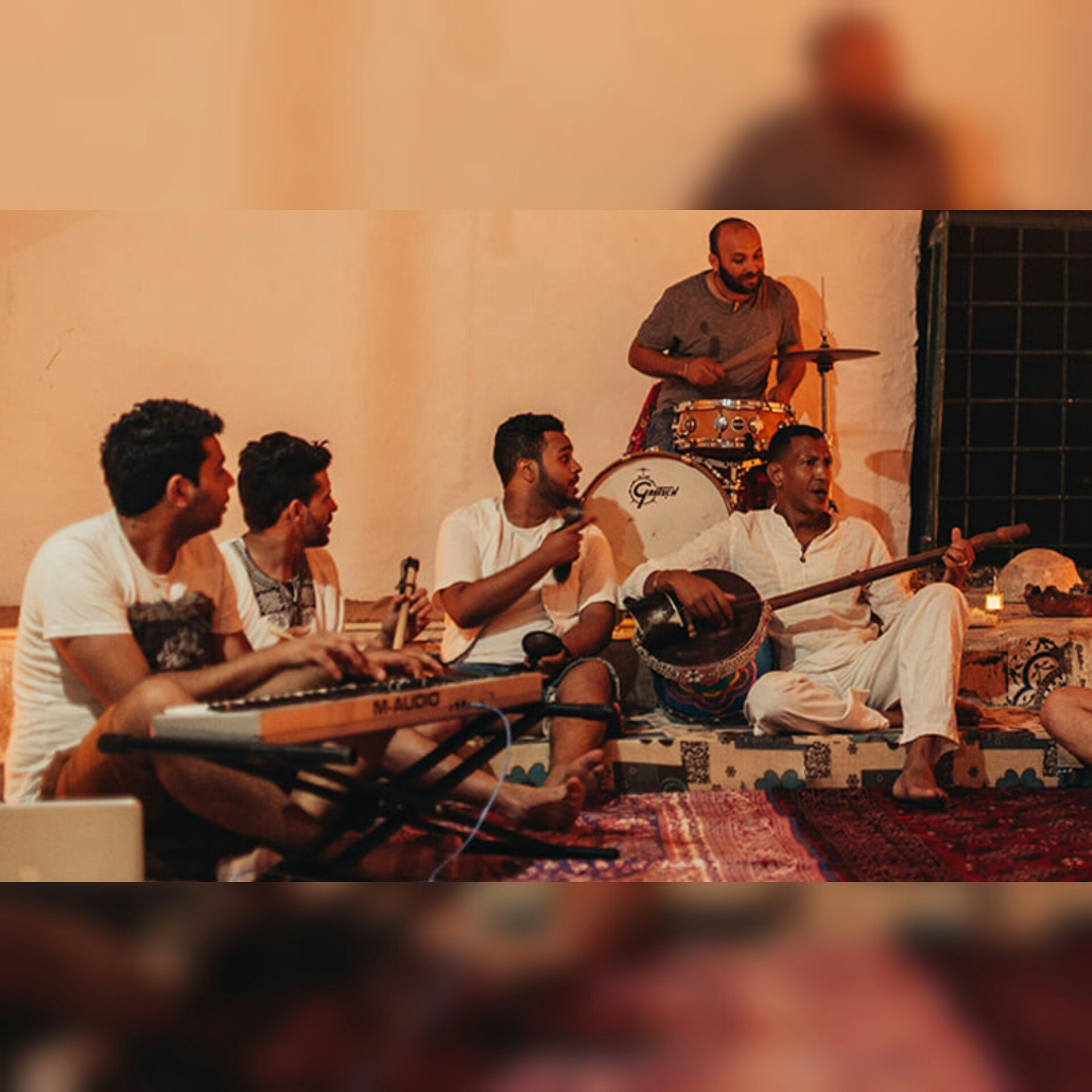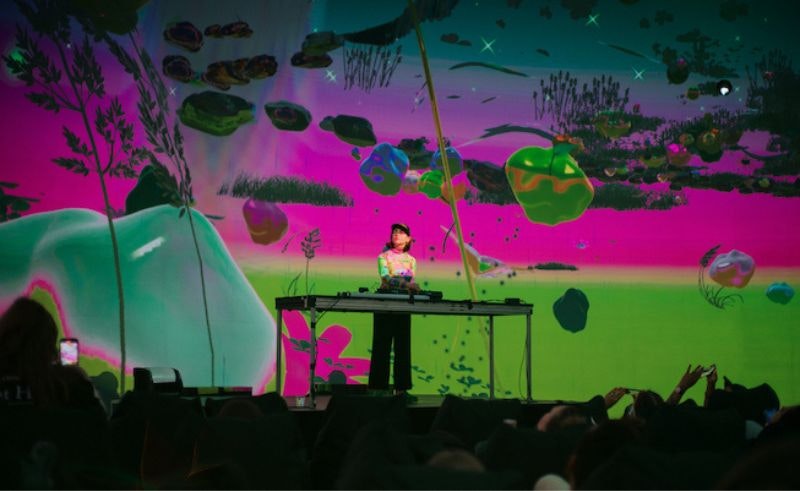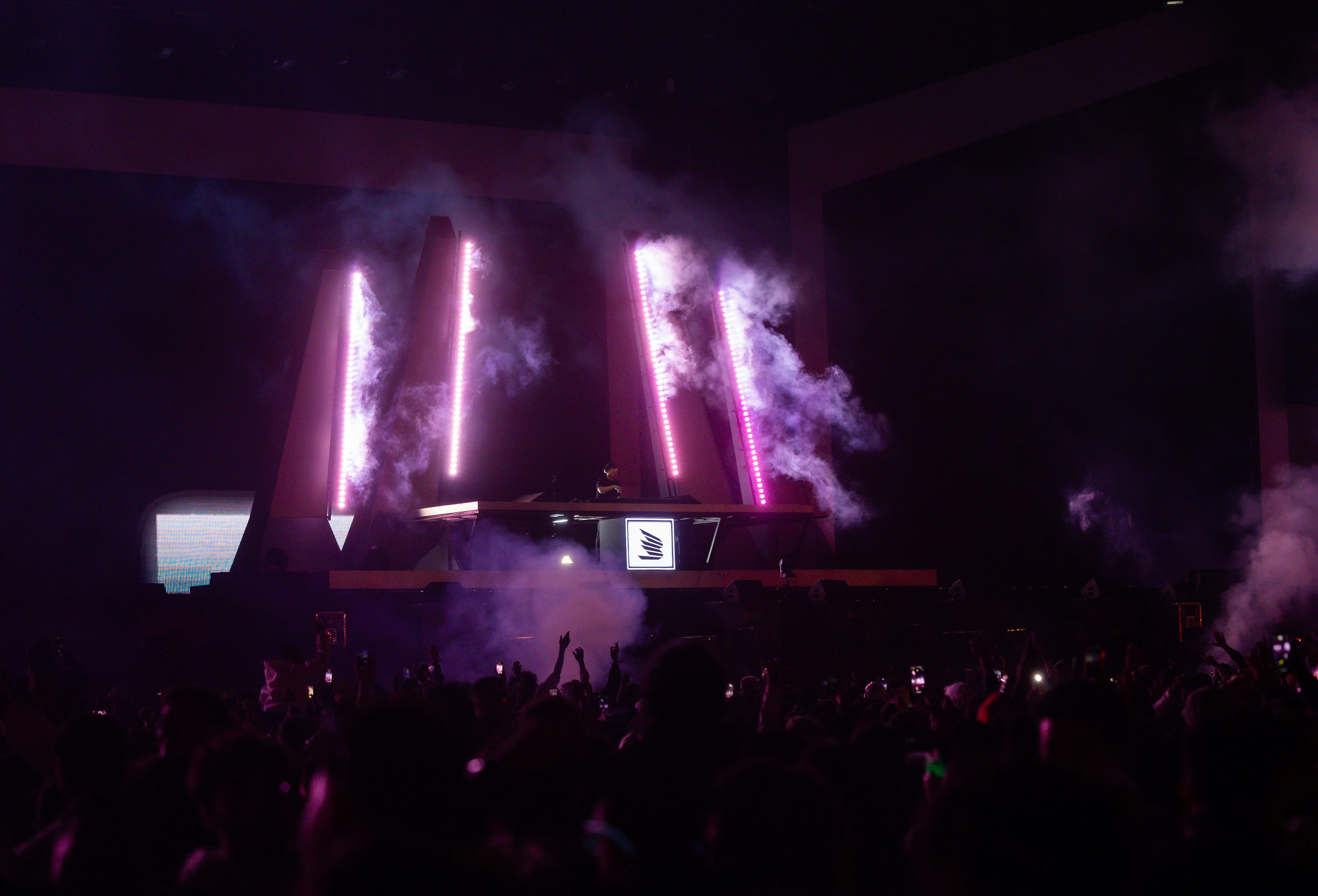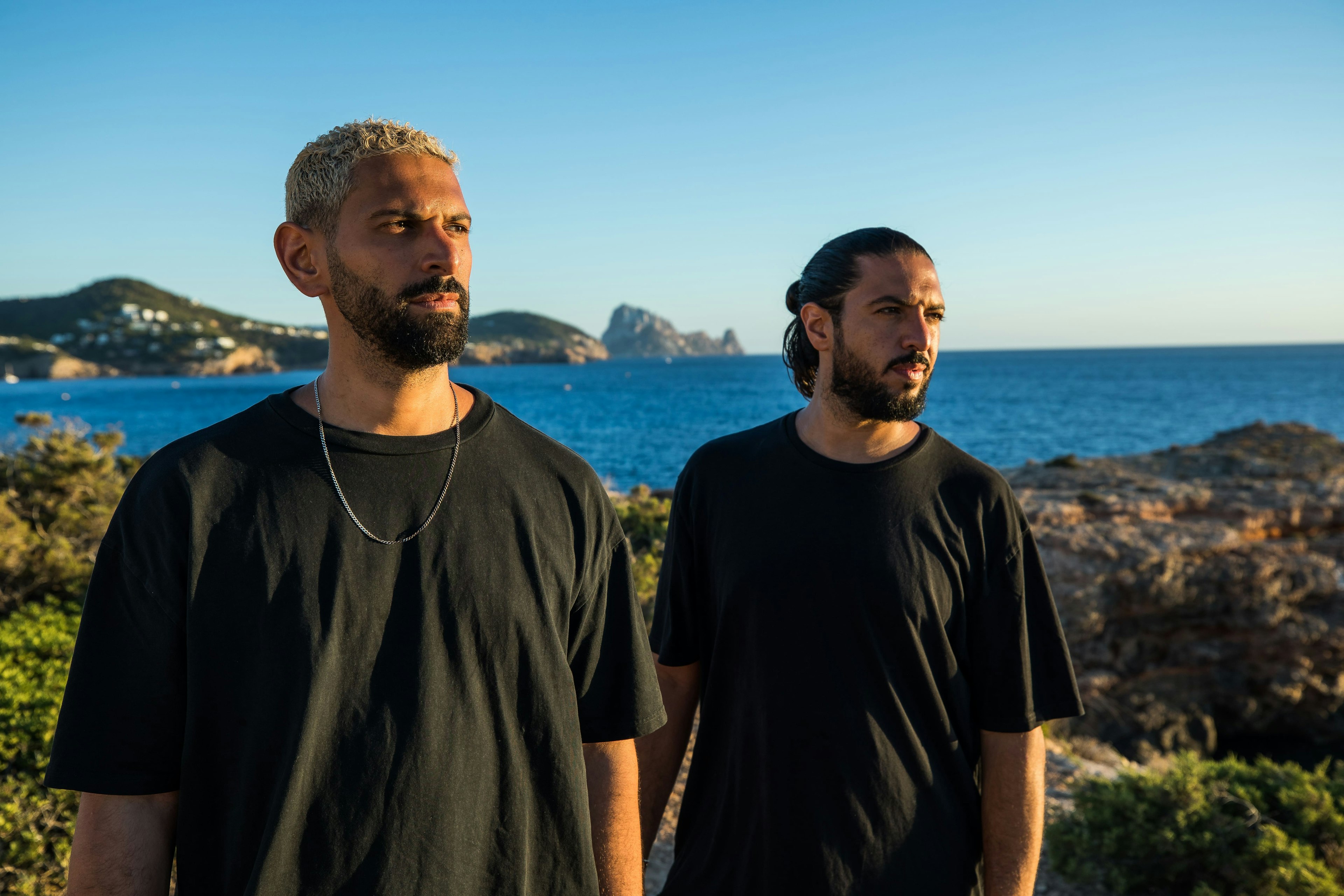
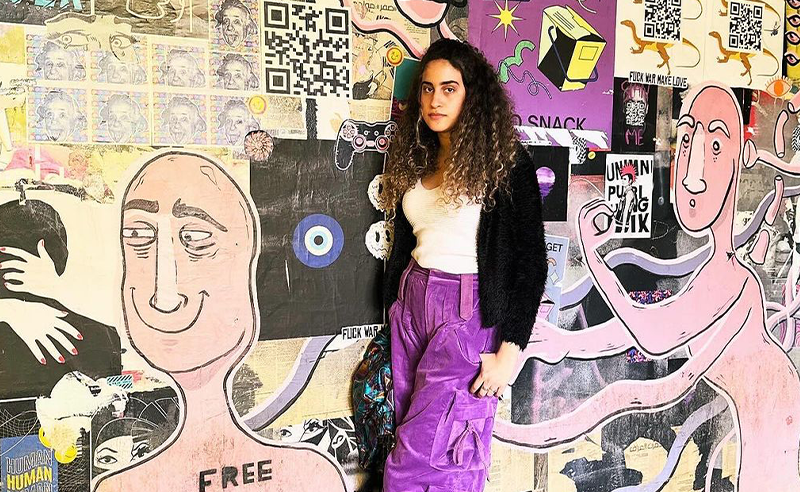
XP Artist Spotlight: Donia Waelll on Acting & Finding Her Voice
By Omar Ghonem
April 21 2024
XP Artist Spotlight: Donia Waelll on Acting & Finding Her Voice
By Omar Ghonem
April 21 2024
In a new dawn of Egyptian pop music, Donia Waelll stands at the forefront. The singer, songwriter, and occasional actress infuses her art with a refreshingly genuine approach. Authenticity is of paramount importance to her, evident in lyrics that emanate from her dreamy stream of consciousness. These snippets of daydreams and gentle observations of her surroundings paint a vivid picture of her world, inviting listeners into her personal experience.
Since her arrival on the Egyptian scene, Waelll has captivated a dedicated fanbase that deeply connects with her heartfelt lyrics and singing style. It's as if she's engaged in a heart-to-heart conversation, sharing her thoughts and experiences with a sense of vulnerability.
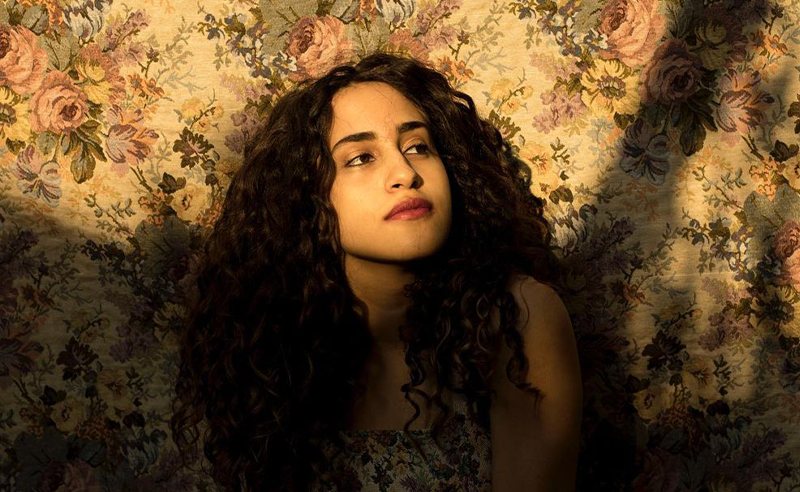
During her conversation with us, Waelll emanated ease, cultivating a sincere exchange about music, art and self-expression. “Writing comes naturally to me. I never sit down and force myself to think about a specific topic and start writing,” Waelll says. “The things that resonate most are those that come naturally, without overthinking. For example, with my song 'Bekya,' I had this line in the chorus, ‘My heart is scrap metal, Call it Bekya’, echoing within me for two months, begging to come out. So I took it, started writing, and it all flowed naturally.” The opening line of ‘Bekya’ encapsulates her creative process beautifully: ‘Will you let me think out loud with you?’
“Art is about exploration, and what I truly admire is that I'm exploring all these new experiences with my audience,” Warl shares. “I feel like I don't have to create something perfect.” This spirit of exploration defines her as an artist. Since her breakthrough, she has been experimenting with her sound, delving into various genres and sonic directions. “Sure, people want to hear something good, but they also want to see me progress and develop,” she adds. “I love the idea that my fans are witnessing my growth as an artist and a person, seeing how I used to create and how I'm evolving.”
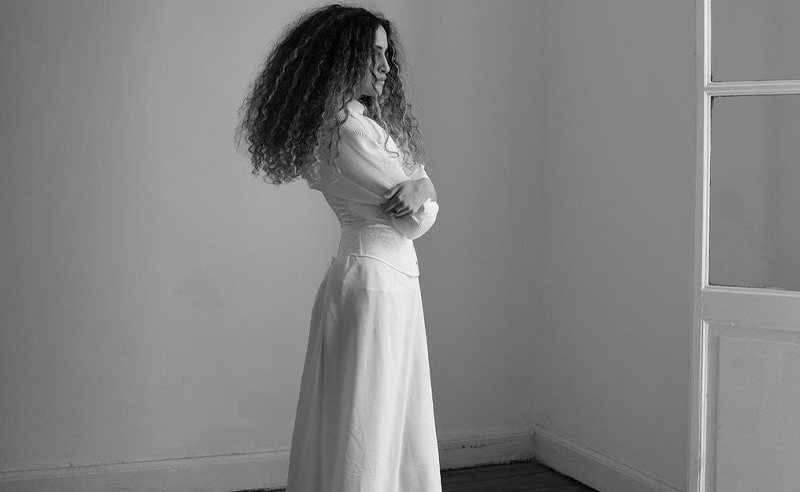
Discussing her foray into acting and composing music for shows and films, the artist elaborated on her approach to writing, which varies depending on the characters and context, a process she finds artistically liberating. “The writing process is different when I'm writing something for a show or film, there's always a need to find something relatable between myself and the character. You find a point of connection, and that's where it starts,” Waelll explains.
Her recent exploration into acting has proven to be “life-changing” as she navigates this new artistic terrain. “When I started acting, I wanted to enter a new world with different characters and see how these characters would write music. It all threads back to music somehow,” Waelll recalls. “I took acting workshops and lived through experiences I would never encounter in my own life. This helped me understand and deal with my emotions, as well as those of others, and how to express them all effectively.”
Waelll's venture into acting led to a chance encounter with a musical idol: Amir Eid, the Cairokee frontman who influenced many contemporary indie acts. “I got the opportunity to be a guest star on ‘Rivo’, which was a lot of fun. That's where I met Amir Eid and the entire Cairokee team,” Warl says. “Amir Eid is a huge inspiration to me. The fact that I used to listen to his music and now we're friends still shocks me! He's incredibly talented and one of the most genuine people I know."
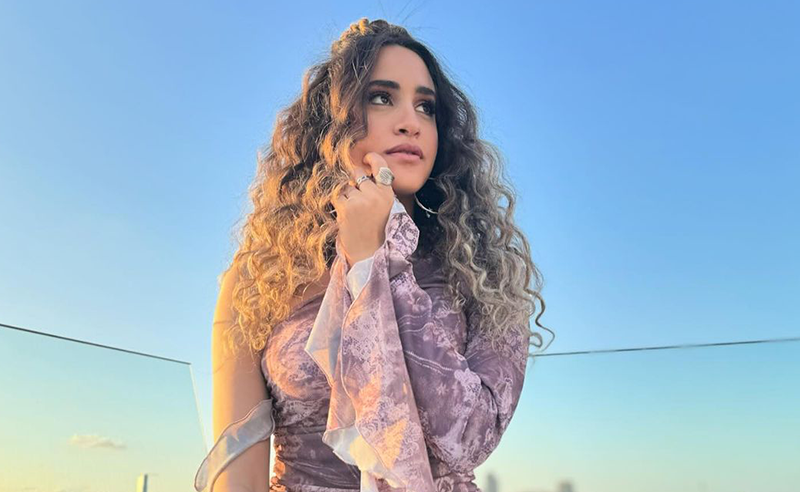
The artist acknowledges the lasting impact of the Arabic indie wave that emerged in the early 2010s. Warl draws significant inspiration from underground bands like Mashrou' Leila and El-Morabba3, as well as international acts like Daughter. This influence is particularly evident in their concept of "dancing on our sorrows," a thematic thread whose origins remain unclear but which resonates strongly with the emotional exploration characteristic of these underground bands, particularly Mashrou' Leila.
“Hamid Sinno especially is someone who I feel truly understands you. The only line I can say I wish I could have written is ‘Why do I care about being instead of becoming?’ from Mashtou’ Leila’s track ‘3 Minutes’,” Waelll admits. “Mashrou' Leila’s album ‘Ibn El Leil’ is my favourite, and it's the one I can still listen to this day. It's very danceable and sad at the same time, and that's something I really connect with.”
“I don't want people to feel alone. I want them to feel like I'm there with them. This is the most important thing to me,” Waelll continues. “Recently, a fan came to me and shared that he was going through a breakup, and one of my songs really helped him feel less alone. He said something that resonated deeply with me: ‘I want you to know that you're not alone either, and that we're also with you.’ It goes both ways, and I froze when he said that. I never thought of it that way – that if someone heard my song, it could also make me feel less alone. In every live concert, I tell the audience to embrace their sadness.”
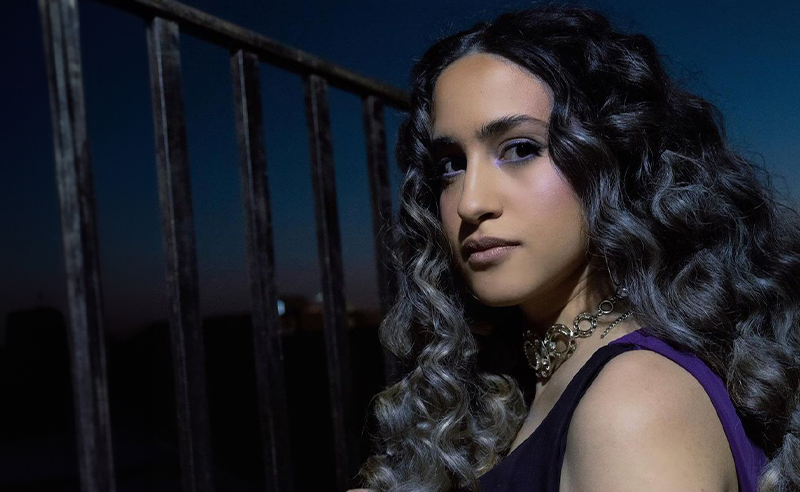
Waelll resists creative limitations, seeking to explore a wide range of sounds and genres. Waelll's artistic journey is an exploration of self-discovery, reflected in her continual evolution of sound and musical style. “I want my sound to encompass everything,” she says. “I want this change to be evident in my music, for the audience to feel these transitions happening in my life and within me, represented through my music.”
Share this
